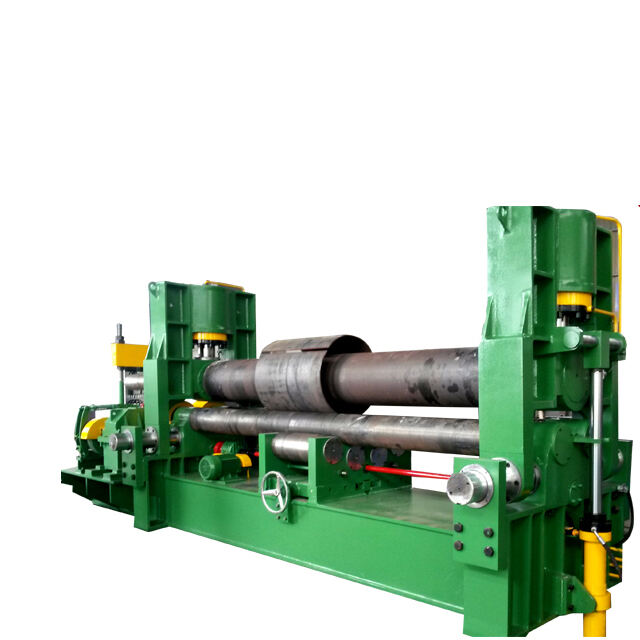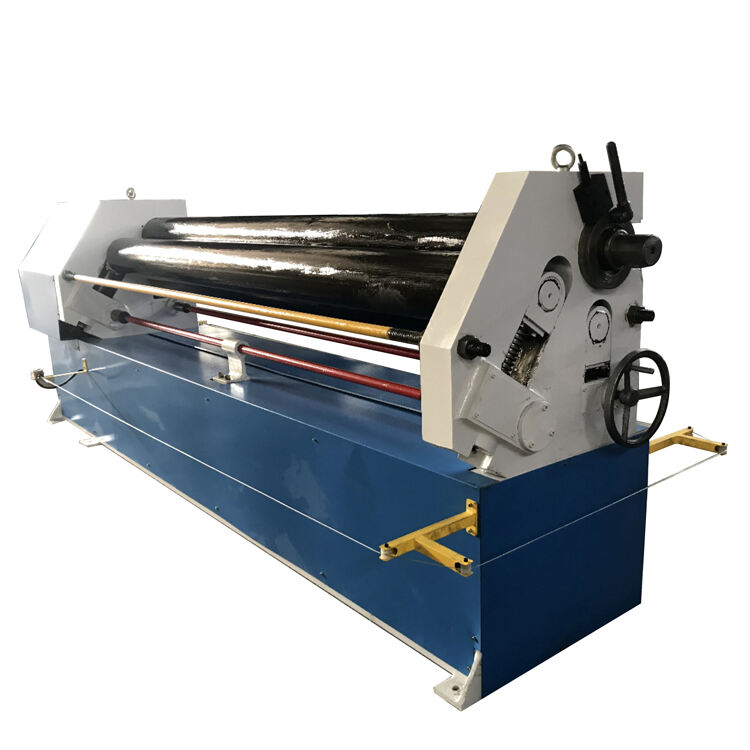
Yeshun's CNC plate rolling machines outperform mechanical models in precision and automation. CNC machines feature servo-hydraulic drives and multi-axis controllers, enabling programmed bending sequences with accuracy within ±0.1mm. They support 3D modeling and simulation, reducing trial runs and material waste. Mechanical machines, driven by gears and levers, are suitable for simple bending tasks but lack precision and require manual adjustments. CNC models excel in complex profiles and batch production, while mechanical machines offer cost-effective solutions for low-volume, basic bending in small workshops.

